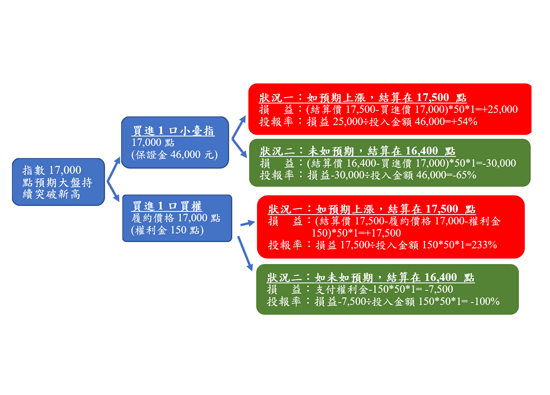08.2023 Life Guide
How did hackers find you? Be careful of digital footprint leaks
Far Eastern New Century Corporation / Jian Junru


 Have you ever used your company's email account to register for non official websites? Have you ever stored your credit card number on an online shopping platform? Have you ever received cookie tracking from a web browser? If the above answers are all affirmative, it means that your network footprint has been recorded, and may even leak personal information or be compromised by hackers as a result. This issue of "Information Network" provides six major protective measures to lock your privacy.
Have you ever used your company's email account to register for non official websites? Have you ever stored your credit card number on an online shopping platform? Have you ever received cookie tracking from a web browser? If the above answers are all affirmative, it means that your network footprint has been recorded, and may even leak personal information or be compromised by hackers as a result. This issue of "Information Network" provides six major protective measures to lock your privacy.As the saying goes, 'Wherever we walk, we leave a trail', which is also applicable in the online world. The account passwords, browsing history, subscriptions, likes, trading behavior, and the time we stay on the webpage registered on the online platform will leave clues, which are called 'network footprints'. In other words, as long as the user is connected to the internet, their dynamics and behavior seem to be tracked, and everyone has nowhere to escape from Big Data.
Once too much data is exposed in the online world, it can pose risks to users or businesses. For example, for the convenience of memory, ordinary people usually use the same set of passwords when registering accounts on major websites. As long as hackers break through the information of one website, the account passwords of other websites will also be compromised.
Moreover, the registration pages of many websites will recommend users to bind their personal LINE or Facebook accounts. Although Single sign-on is convenient and easy, it hides risks, because these communication software or social platform accounts are usually linked with individual mobile phone numbers and e-mail addresses, and users often leave personal phone numbers, addresses, company names, family relationships and other personal information when registering on major platforms, If the video streaming platform may even have credit card data, as long as there is a security breach, hackers can connect users' online and offline identities through email, causing risks to be transferred from online to offline.
Leaking digital footprints may cause problems such as credit card theft, account intrusion, and even computer monitoring. Especially with the recent rise of generative AI, criminals have started using AI voice generation tools that can be used to create new forms of fraud by combining users' videos and public activities posted on social media. How can people protect their digital footprints and prevent fraud?
1. Carefully manage accounts and passwords: Do not use the same set of account passwords to register on various platforms, do not connect to Facebook, LINE, or Google accounts unnecessarily, and do not use the company's email account to register non official websites. Even if there are security risks in the future, hackers cannot easily connect to the network footprints of various platforms, which can reduce damage.
2. Enable multi factor authentication: When users log in to their account, they need to use multiple authentication methods such as SMS or email, and an additional protective measure can improve account security.
3. Regularly clean the browser's cache and cookies: The main function of cookies is to allow the website to record specific user information, which can save the time for users to fill out information again on their next visit. Regular cleaning can protect personal assets and reduce leaving digital footprints.
4. Use encrypted networks instead of public networks: Public and open networks are one of the ways for hackers to steal personal information, and some hackers may even create a free or official hot spot name similar to the national government to steal personal information.
5. Use secure antivirus software and tools: Use antivirus software, firewalls, and other security tools that are regularly updated to protect personal devices and network connections from the latest threats.
6. Continuously understand new forms of fraud: Pay attention to various emerging forms of fraud and online attack techniques, remain vigilant, and timely strengthen security awareness and knowledge.
In the era of connected everything, although it is difficult for us to be outside of the internet, we should still pay more attention. Any information publicly available on the internet is equivalent to giving up some privacy. Therefore, when publishing information on the internet, we must be extra cautious and try to avoid connecting different network footprints together. Protecting an individual's digital footprint can reduce privacy leaks and reduce the risk of fraud; If an individual's internet footprint is linked to the company, it may cause risks such as business suspension, leakage of important information, or business interruption. Therefore, both individuals and companies should value digital footprints to ensure privacy and security.
Image source: freepik
#




















